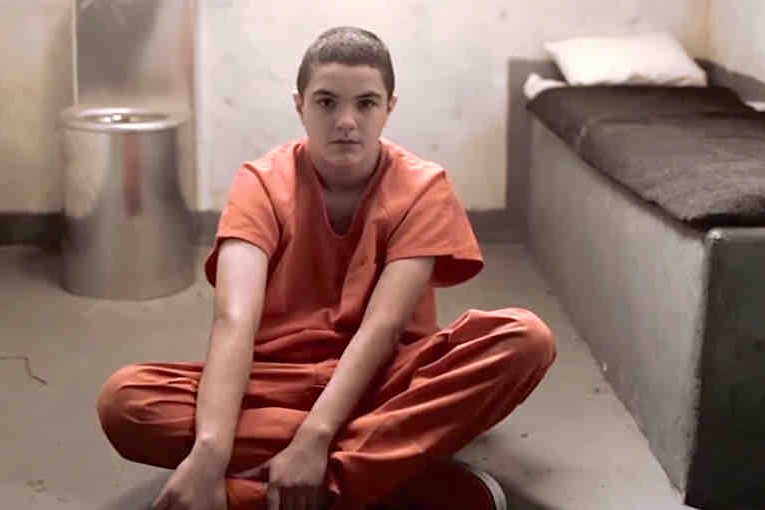

By Amy Berberyan
PHILADELPHIA, PA – The Juvenile Law Center Friday released a report highlighting the ineffective and extremely harmful use of juvenile restitution fees across multiple states.
Nadia Mozaffar, senior attorney and co-author of the report, said, “Our research highlights that all juvenile courts across the country and the U.S. territories have the authority to order young people to pay restitution, and youth face severe consequences when they are unable to do so.
“Further,” she added, “state laws on restitution reveal many troublesome practices—youth may have to pay restitution to third parties such as insurance companies, be responsible for large amounts of restitution even if they were minimally involved in an offense or have to pay interest on unpaid restitution.”
According to the report, “11 states and territories mandate that judges impose restitution orders,” 33 states and territories do not consider whether a youth can afford restitution before imposing it, “31 states and territories permit interest on restitution orders,” and nine states impose the total amount of restitution on every person involved in the crime regardless of their specific role.

If a youth, added the report, is unable to pay restitution fees, consequences include extended probation, arrest and incarceration, denial of informal adjustment, “prevention of sealing or expungement of juvenile records,” and “civil judgment and private collections, including wage garnishment.”
Another major issue highlighted by the report was that these restitution charges–rather than imposing accountability on juveniles involved in court–put further strain on “racial and economic disparities in the juvenile justice system.”
Not only are minority youth and youth living in poverty more likely to enter the juvenile justice system, said the authors, but they are also more harshly punished by it, and are often unable to pay off restitution once their respective cases are over.
According to Debt Free Justice, a coalition formed to protect vulnerable communities from the unjust practices of the criminal justice system, restitution fees “represent an injustice that deepens existing racial and economic disparities, limits future potential, and undermines familial stability.”
Because of this, the group notes, restitution both fails to impart positive effects on youths and keeps them stuck in the justice system well into adulthood.
Together, the Juvenile Law Center and Debt Free Justice Coalition have worked toward ending such fees and fines; they’ve achieved success across the country.
“The youth restitution system is criminalizing kids for poverty,” said Lindsey Smith, staff attorney and report co-author. “The good news is that we can repair harm and rebuild community trust without ordering children to pay money they don’t have.”
Smith continued, “Communities across the country are building restitution alternatives that work towards meeting victims’ needs while separately giving youth developmentally appropriate supports that prevent or minimize system involvement.”
She concluded by urging state and local governments to fund such community programs.
